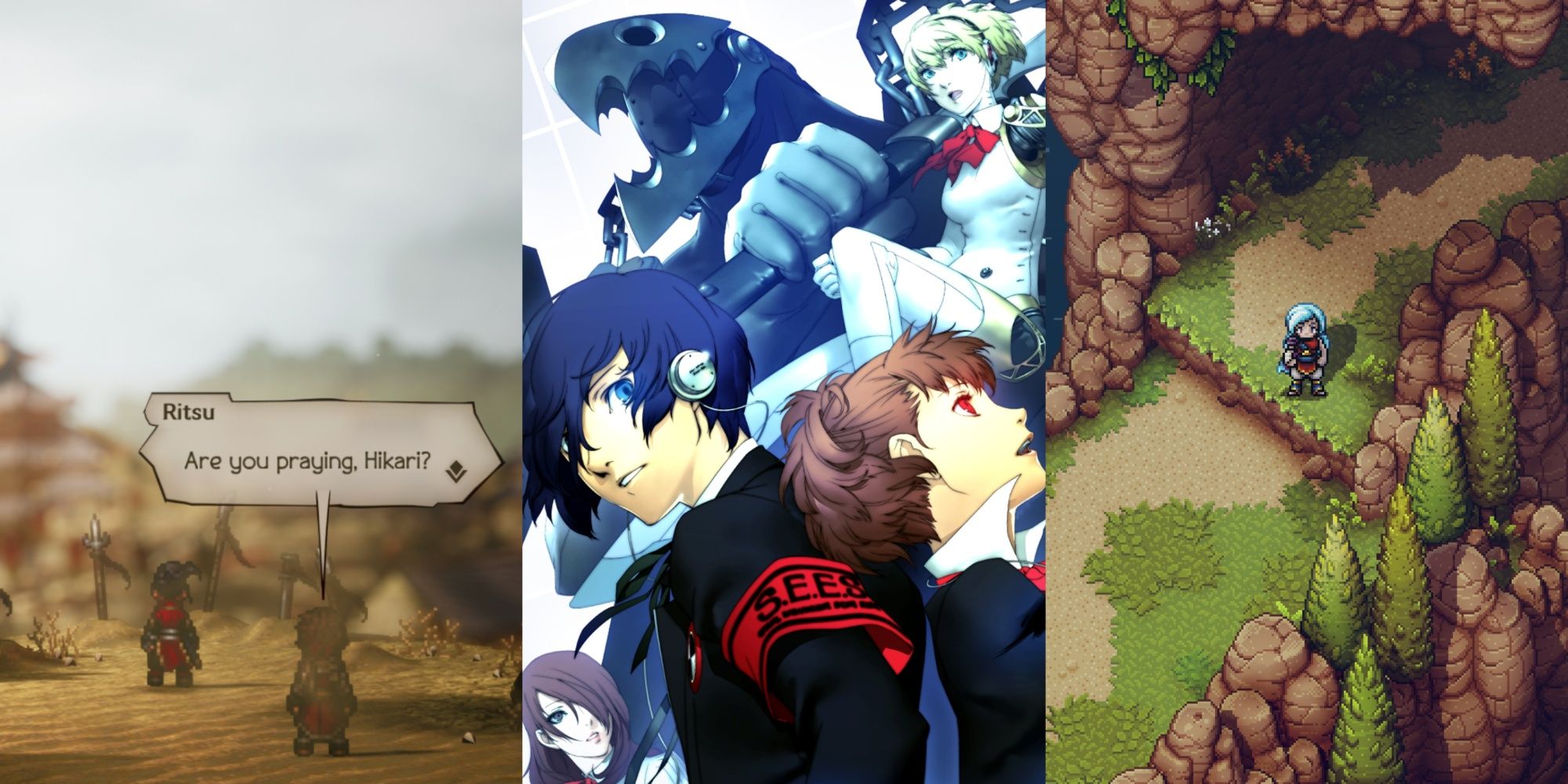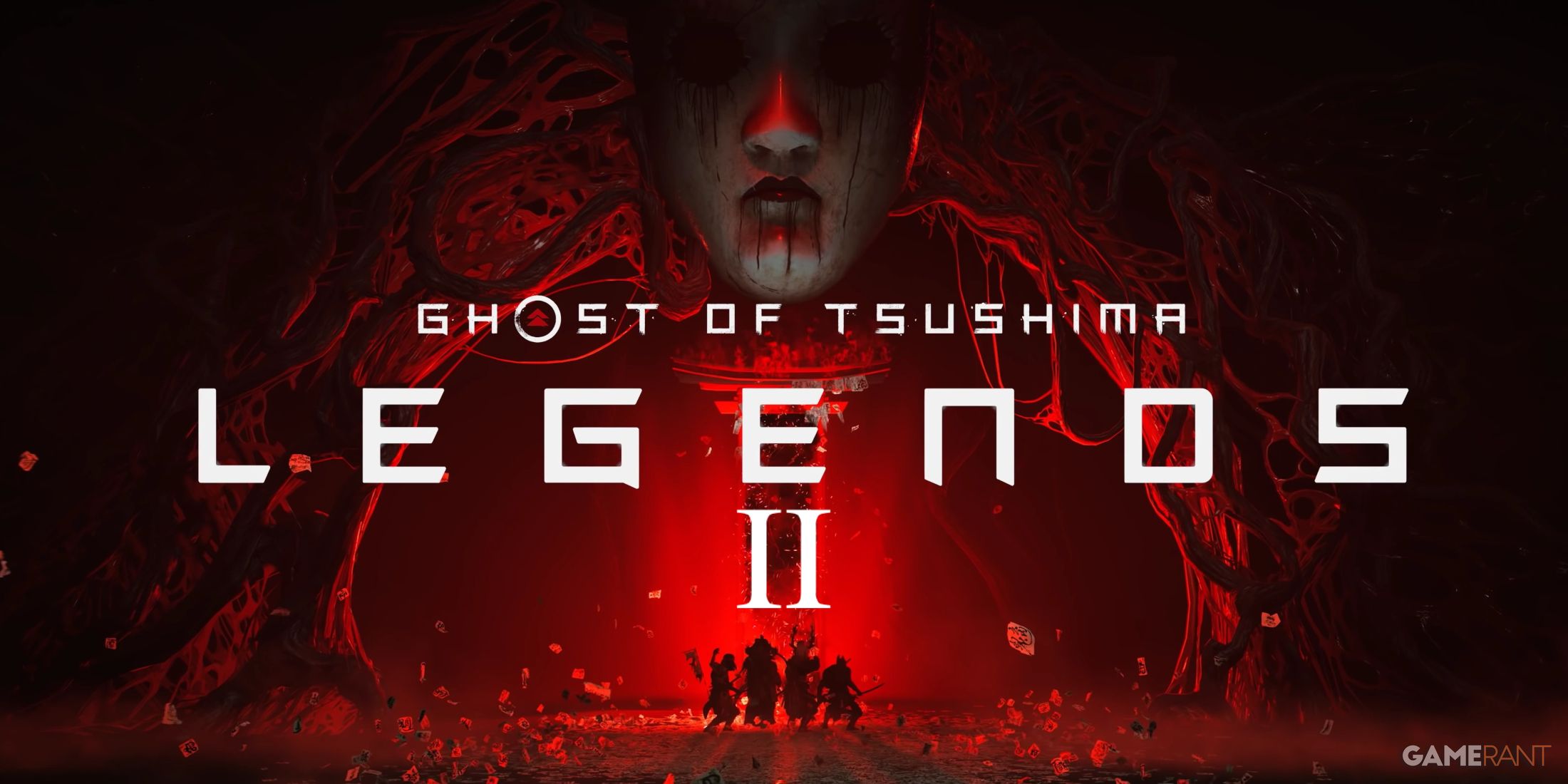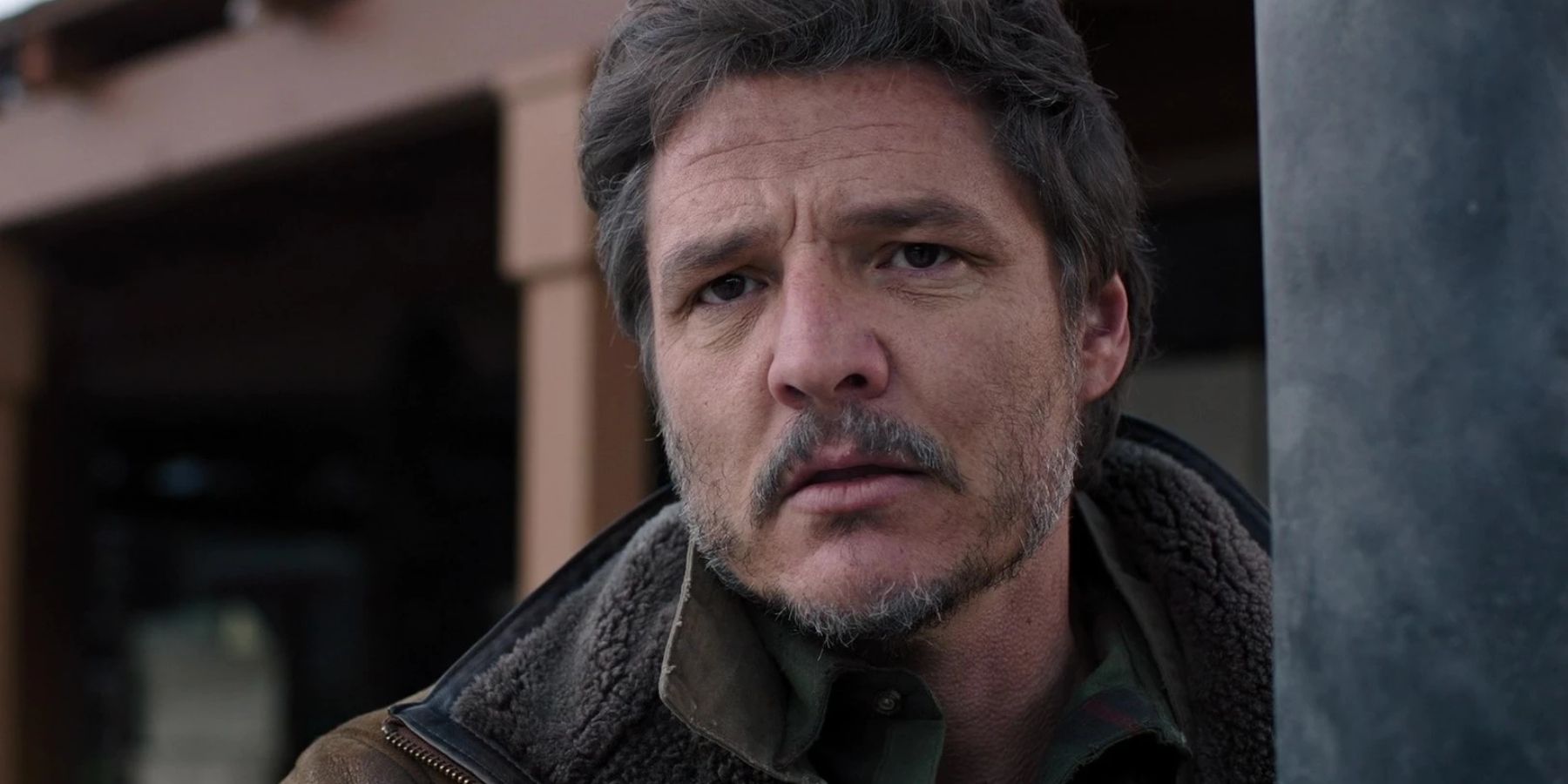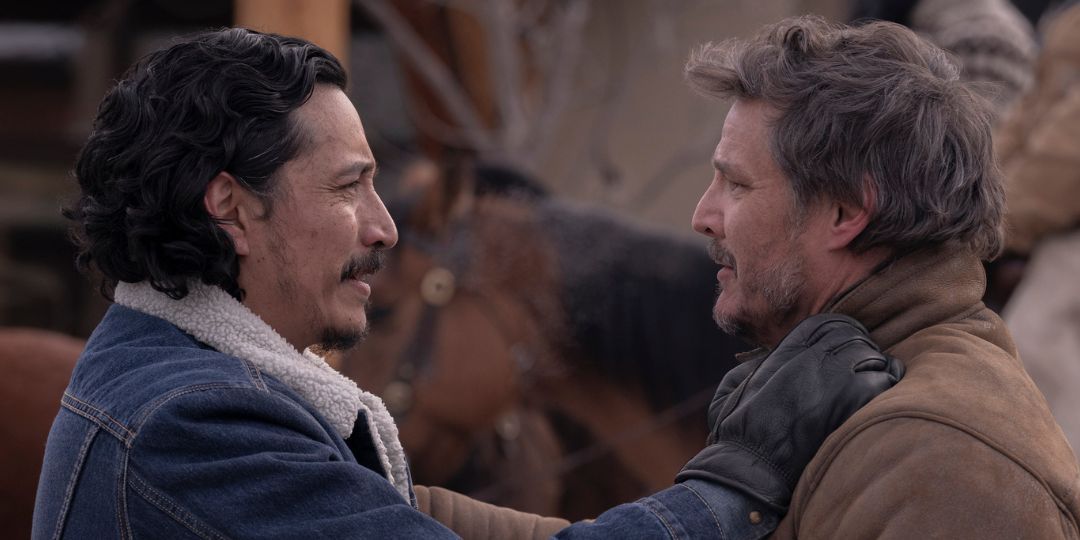Of all the gaming properties to adapt to the screen, The Last of Us probably makes the most sense. With a huge emphasis on cinematics, story, and dialogue, The Last of Us is a natural fit for prestige TV, and with a stellar cast on board, the creator of Chernobyl, and Neil Druckmann all working on the project, there was no doubt that it would be a solid adaptation. But HBO's The Last of Us goes far, far beyond that, currently delivering one of the best TV series in recent memory that simultaneously adapts the source material while also adding the perfect amount of world-building and lore to justify its existence.
One of HBO's The Last of Us' best elements is its portrayal of each of its characters, maintaining each of their unique personalities from the game while also adding even more nuance to their motivations and feelings. The latest episode of The Last of Us, titled "Kin," finally broke down the stoic walls of main protagonist Joel and delivered a surprisingly vulnerable version of the character that fans haven't really seen from the video games.
HBO's The Last of Us Is Giving Fans a More Emotionally-Realistic Joel
Throughout the first The Last of Us game, Joel's primary emotion is anger. After losing his daughter during Outbreak Day, Joel spends the next 20 years surviving by any means necessary, and naturally, this has forced him to create an impenetrable outer layer. So, by the time he meets Ellie, Joel is still very much this jaded, hardened individual, cut off from emotion. This hardened exterior begins to break the more time he spends with Ellie, but his go-to emotion is still anger during the whole first game. In The Last of Us Part 2, Joel is shown to have a much calmer manner, but he's still very closed-off, emotionally speaking.
HBO's The Last of Us has spent its first five episodes giving fans a very similar interpretation of Joel as the one in the games. The first episode saw Joel lose his daughter in live-action, and after the time skip fans are shown that Joel has essentially cut himself off from the rest of his emotions. Aside from some brief glimpses when he remembers his daughter, or moments of caring desperation when he's trying to find out more about his missing brother Tommy, Joel is the same stoic, hardened person he is the game, even after meeting Ellie.
The Last of Us' sixth episode finally breaks down Joel's impenetrable exterior, and delivers a version of the character that's much more emotionally-realistic than the one in the games. This big breakdown really begins with Joel's reunion with Tommy in Jackson. When Joel first lays eyes on his brother, and he calls his name, it's clear that Joel isn't the stoic killer he's pretending to be. The next crack in Joel's emotional armor comes after an argument with Tommy, where he thinks he sees his dead daughter. Throughout the episode, Joel has several panic attacks, and during the workshop scene, the cause behind them is finally revealed.
After their argument, the two brothers talk in a nearby workshop. Here, Joel's stoic facade completely crumbles. Joel confesses that he doesn't think he can protect Ellie, and that he feels like all he does is fail to protect the ones he loves. Rather than be angry at his past failures and losses, this version of Joel is depressed by them. While in the game, Joel simply wants to leave Ellie so that he doesn't get too attached, in the show Joel has already become attached and is terrified of not being able to protect her. This character change not only strengthens Joel as a more emotionally-complex character, but it also strengthens the core relationship between Joel and Ellie, as it's already crystal clear that both care about one another deeply.
The Last of Us airs Sunday nights at 9:00 PM EST on HBO. Episodes are streaming on HBO Max.





